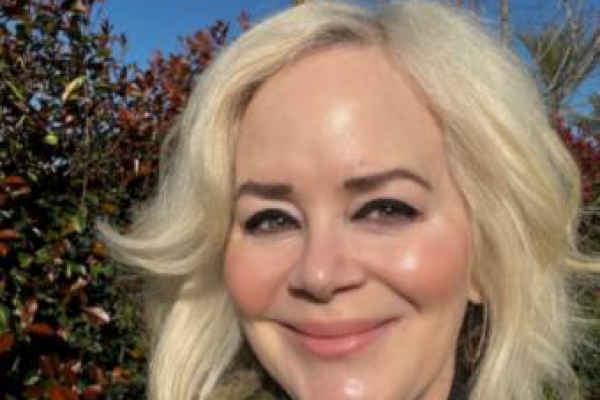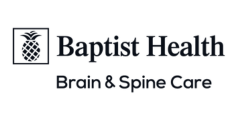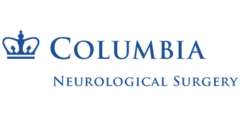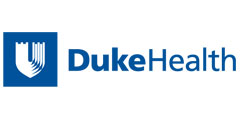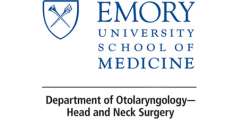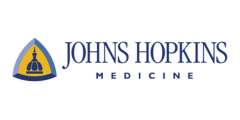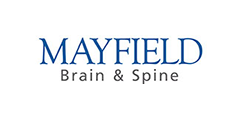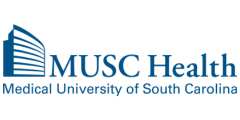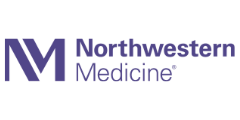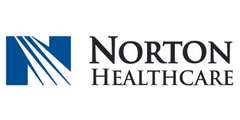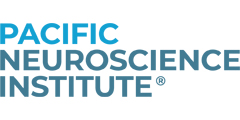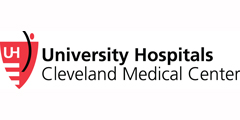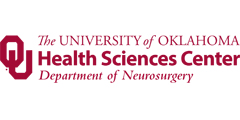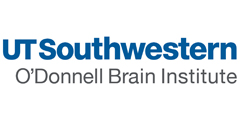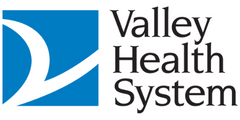- Details
Related Links
The Acoustic Neuroma Association provides the following links to assist in your search for information. These links are provided as a convenience only and are not to be considered an endorsement or recommendation by the ANA.
Aphasia:
Balance:
Cognitive and Emotional Issues:
- The American Academy of Clinical Neuropsychology (AACN)
- National Alliance on Mental Illness
- National Institute on Mental Health
- Now Matters Now
- Theravive
Eye Care:
Facial Issues:
Financial Assistance:
- Friends of Man - medical equipment
- Partnership for Prescription Assistance
- Rx Assist
Government Agencies:
- Medicare
- National Institute on Deafness and Other Communication Disorders
- National Institutes of Health on Acoustic Neuroma
- Social Security Disability
Headaches:
Hearing:
- American Cochlear Implant Alliance
- American Tinnitus Association
- American Academy of Audiology
- American Speech-Language-Hearing Association (ASHA)
- Gathering Sound
- Hearing Loss Association of America
- Hyperacusis Network
- Hyperacusis Research
Insurance:
Local Resources:
NF2:
Non-English Resources:
Patient Advocacy:
- Alliance of Claims Assistance Professionals (ACAP)
- Center for Medicare Advocacy, Inc.
- Employment Toolkit (HLAA)
- Medicare Rights Center (MRC)
- National Organization of Social Security Claimants' Representatives (NOSSCR)
- Patient Advocate Foundation (PAF)
Research Studies:
Support:
Travel:
- Details
Annual Financial Reports
Click the links below to view the Acoustic Neuroma Association Annual Reports
2023 ANA Annual Report (pdf) view as flipbook
ANA Form 990 is available on request.
- Details
Board of Directors
Staff
Jim Shea
Chief Executive Officer
Matthew Balte
Manager, Development and Healthcare Partnerships
Suvarna Damodaran
Operations Coordinator
Melanie Hutchins
Manager, Volunteer Programs and Publications
Christina McCurdy
Accounting Coordinator
Stephanie Rommer
Manager, Communications and Engagement
Donna Sweigart
Outreach & Support Coordinator
- Details
Mission, Vision & Values
MISSION
The Acoustic Neuroma Association, the premier resource to the acoustic neuroma community, informs, educates, and supports those affected by acoustic neuroma brain tumors.
VISION
To continually improve the lives of Acoustic Neuroma patients and their families through communication, support, innovation, and partnerships with the medical community.
VALUES
-
Respect: to honor the needs and privacy of acoustic neuroma patients
-
Professionalism: to maintain high ethical standards at all times
-
Objectivity: to remain free of bias in everything we do
-
Patient Centricity: to place the patient and their community at the forefront of all ANA efforts
- Details
About the ANA
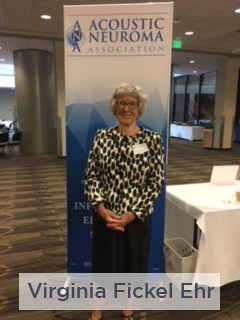 The Acoustic Neuroma Association (ANA) was founded in Carlisle, PA in 1981 by Virginia Fickel Ehr. After having surgery for the removal of an acoustic neuroma in 1977, she resolved that future acoustic neuroma patients should have easy-to-read medical materials about their condition, as well as support and comfort from other patients. With the help of her physician, she contacted eight other patients and formed the Acoustic Neuroma Association. During her decade and a half leading the ANA, Virginia contacted thousands of acoustic neuroma patients and grew the association's services and numbers. She also wrote patient-perspective articles for medical journals and spoke to patient and medical groups throughout the United States and Europe. She retired as President of the Board of Directors in 1992 and served as President Emeritus until her passing in December of 2025.
The Acoustic Neuroma Association (ANA) was founded in Carlisle, PA in 1981 by Virginia Fickel Ehr. After having surgery for the removal of an acoustic neuroma in 1977, she resolved that future acoustic neuroma patients should have easy-to-read medical materials about their condition, as well as support and comfort from other patients. With the help of her physician, she contacted eight other patients and formed the Acoustic Neuroma Association. During her decade and a half leading the ANA, Virginia contacted thousands of acoustic neuroma patients and grew the association's services and numbers. She also wrote patient-perspective articles for medical journals and spoke to patient and medical groups throughout the United States and Europe. She retired as President of the Board of Directors in 1992 and served as President Emeritus until her passing in December of 2025.
The ANA is a 501(c)(3) nonprofit organization (Tax ID 23-2170836) that serves over 3,000 members, including acoustic neuroma patients, family members, friends, and healthcare professionals. It is governed by a Board of Directors comprised of patients and family members of patients.
The ANA's Medical Advisory Board is comprised of physicians and other healthcare professionals with substantial acoustic neuroma experience. They are a key group who review our patient education materials, contribute medical articles and educational presentations, and provide input and guidance on many acoustic neuroma topics of interest. They are also strong advocates for the ANA as well as the AN community and are involved in research and advancing knowledge in their respective fields.
Since its founding, thousands of individuals impacted by acoustic neuroma have received comprehensive and non-technical information about AN through the ANA. Information for all stages of a patient's journey is provided in our quarterly newsletters, information booklets, website, webinars, support groups, and patient education events.
The ANA is patient-founded and patient-focused.
ANA FAQs





























